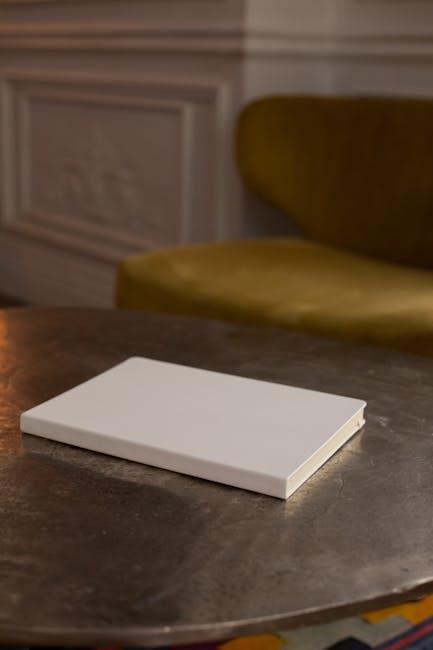Over the years, we have witnessed numerous advancements in the field of artificial intelligence (AI). From self-driving cars to chatbots and language translation systems, AI has changed the way we interact with technology. However, every now and then, a viral rumor seems to misinterpret what AI is capable of. The latest example is the assertion that Drake’s cover of the hit song “Hey There Delilah” is the result of AI. Unfortunately, this claim is misinformed.
Recently, a video featuring a supposed AI-generated cover of “Hey There Delilah” by the popular rapper Drake made its way across social media platforms. The video claimed that the AI was capable of not only recreating the song but also mimicking the artist’s style and technique flawlessly. The clip quickly garnered attention and sparked a debate among music enthusiasts and AI enthusiasts alike.
However, upon closer inspection, it becomes clear that the video’s claims are overblown. The song, originally performed by the Plain White T’s in 2005, became an instant hit, resonating with audiences through its heartfelt lyrics and simple acoustic melody. Drake’s alleged AI version seemed to maintain the same emotional quality and musical charm, leading many to believe that AI technology had reached unimaginable heights.
In reality, what the video presented was not the result of an AI-generated cover but rather a carefully crafted creation by skilled human producers. Utilizing various music production techniques, these producers meticulously rearranged and matched Drake’s previous works to the melody and structure of “Hey There Delilah.” This skillful audio engineering allowed them to achieve the uncanny resemblance to Drake’s style that fooled many into thinking it was an AI-generated cover.
The misconception that Drake’s cover was created by AI is understandable because AI has undeniably made remarkable strides when it comes to music. There are AI algorithms that can compose original pieces based on existing styles, generate melodies, and even mimic certain artists’ voices to an impressive degree. These advancements have opened up exciting possibilities for the future of music creation and production. However, as of now, AI still lacks the subtlety and creative agency required to imbue a cover with an artist’s unique style and interpretive choices.
While it is exciting to think about the potential of AI-generated music, it is also vital to distinguish between reality and the exaggerated claims that circulate online. The video showcasing Drake’s supposed AI cover serves as a reminder to critically evaluate the information we encounter and question the authenticity of sensational claims. The talented producers behind this faux AI cover deserve recognition for their artistry and technical skill, but it is important not to conflate their work with the capabilities of AI.
Artificial intelligence continues to evolve and reshape various industries, including music. It can undoubtedly enhance and aid the creative process but is not yet capable of giving a performance that fully captures the essence of an artist. So for now, let’s appreciate the craftsmanship and creativity of skilled musicians and producers while we anticipate the potential for AI to make its mark on the music industry in the coming years.

